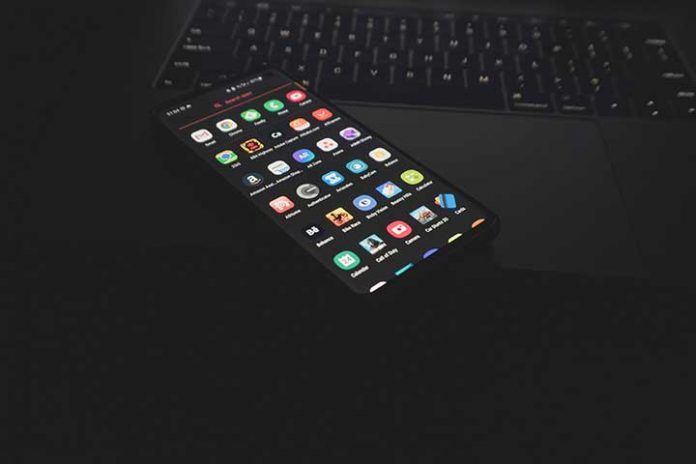When countries around the world started entering periods of lockdown as a result of the coronavirus pandemic, consumers were required to change their habits and adapt to a new way of living.
They needed to rely more heavily than ever on technology to maintain good health, a happy social life and a full schedule of entertainment.
With many supported by furlough schemes, most found themselves with additional time on their hands and additional money to spend.
They flocked to get fitter and to learn something new. They played more games, socialised more online and shopped a lot. The following list encapsulates five app types that kept our attention during lockdown.
Fitness
Fitness apps thrived during lockdown as former gym users adapted to stay-at-home orders and found exciting new ways to get fitter from home. Companies that develop fitness apps stepped up to support brands looking to move their operations to the app arena.
YouTube also saw consumers watch, save and share more fitness videos as they danced, ran and stretched from the comfort of their own living rooms.
Educational
Lockdown – and the new normal of furlough for many – provided an opportunity to learn something new. In the usual 9 to 5s, consumers found little time for educational activity.
Now there was time to stimulate the brain with new challenges and so they turned to apps such as language-learning platform Duolingo – ready to develop a simple ‘Hola’ into ‘Buenas noches, mucho gusto.’ Travellers have become better equipped for their next trip abroad.
In fact, Duolingo saw their ‘biggest surge’ in new users during the week of 16th March – directly following the World Health Organisation’s declaration that we were entering a global pandemic.
Gaming
With additional time for recreational activities, gaming apps kept the boredom at bay.
Whether consumers engaged with the traditional worlds of Temple Run, Angry Birds and Doodle Jump, or enjoyed newer gaming apps like Mario Kart, the result was the same. Some peace.
In these worlds consumers could escape the scarier truths of the real world and lose themselves for an hour in safer fantasies.
Social Networking
Long periods without human interaction are tough. Luckily for the social animals of the twenty-first century, we have social media and communication apps.
It’s hard to imagine how our ancestors would have managed without the internet. Whether Facetime or Zoom, iMessage or WeChat – consumers met with friends in app to check in, have fun and hope for a time in the future when they could meet again face-to-face.
Shopping
While not everyone entered the pandemic with savings, a substantial number of people progressed through the period with reduced opportunities for social events – boosting the bank balance significantly.
With these additional amounts in current accounts, more customers shopped online and downloaded the apps of their favourite brands.
Retail therapy to boost personal mood. Clothing stores in the UK for example ‘have…seen their proportion of online sales more than double during the pandemic period’, while online sales of food in the UK now ‘accounts for almost 10% of all sales’.

